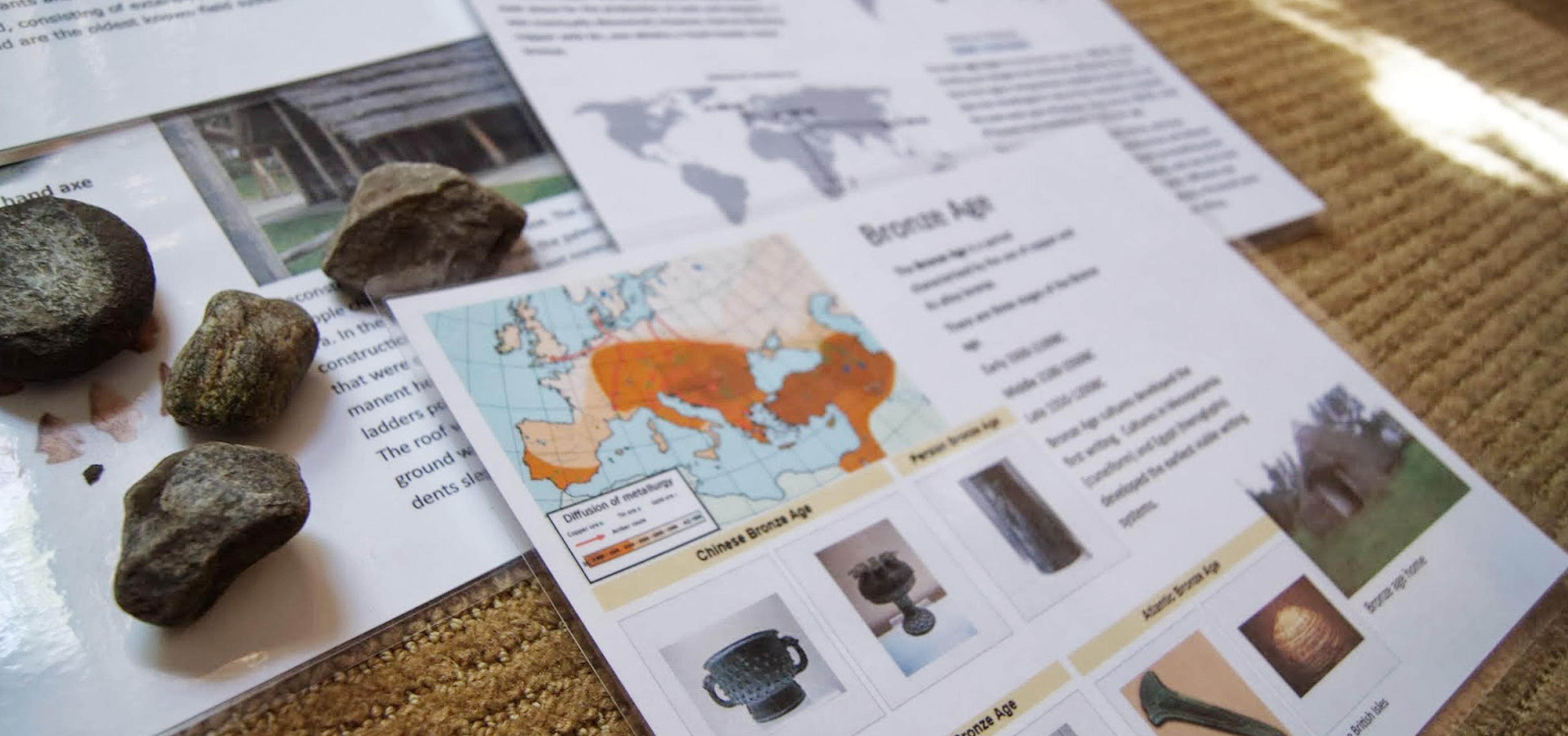In the Montessori educational approach, the Great Lesson is a series of stories told to children that aim to inspire wonder and curiosity about the world around them. One of the most famous Great Lessons is the "Coming of Humans," which tells the story of human evolution and the development of civilization.
Evolution of Humans
According to scientific research, humans evolved from primates over millions of years. The earliest human-like creatures, called Australopithecus, lived in Africa around 4 million years ago. They walked on two legs and had slightly larger brains than their primate ancestors. Over time, our ancestors developed larger brains and began using tools, which allowed them to survive and thrive in their environments.
Around 200,000 years ago, Homo sapiens appeared in Africa. They had larger brains than any other human species before them and had developed sophisticated tools and weapons. Homo sapiens began to migrate out of Africa around 60,000 years ago and eventually spread across the globe.

Development of Civilization
As humans developed and evolved, they also created societies and civilizations. The first human settlements appeared around 10,000 years ago in the Middle East, as people began to domesticate plants and animals for food. Over time, these early civilizations grew and expanded, leading to the development of writing, art, and architecture.
Today, humans continue to evolve and change. We have created incredible technologies and have made incredible advances in medicine, science, and other fields. However, we also face many challenges, including climate change, inequality, and conflict.
The Montessori Great Lesson of the "Coming of Humans" reminds us that we are part of a long and fascinating history of evolution and development. By learning about our past and present, we can better understand ourselves and the world around us. Through education, exploration, and curiosity, we can continue to grow and evolve as individuals and as a society.

